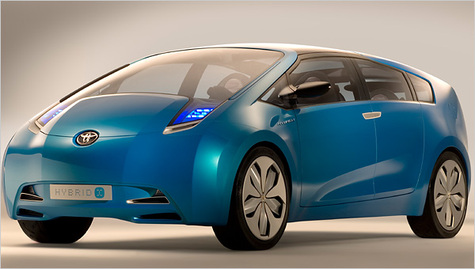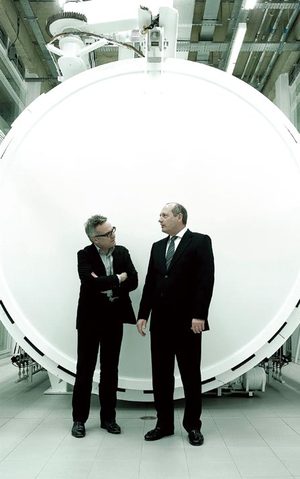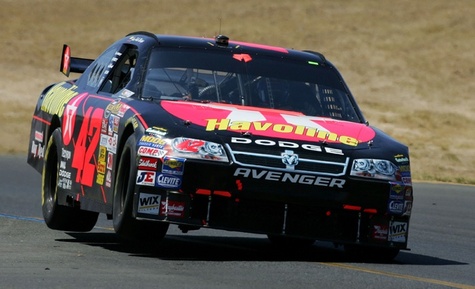I once heard the great Sara Little Turnbull tell my group of student design engineers at Stanford that the way to become a great designer someday was to be a great reader today.
As you can imagine, I liked what she was saying.
I also like this article titled "C.E.O. Libraries Reveal Keys to Success", though I wonder if it doesn’t confuse correlation with causation. I think rich folks have big libraries for reading because they’re rich, not the other way around (your local library is a more eco-friendly way to enjoy the literary works of mankind). But reading is certainly a fine way to understand the world, to develop critical thinking skills, and — perhaps most important of all — to grow one’s ability to recognize patterns in information. That’s a key design thinking skill. In that vein, I particularly like this quote in the article from Sidney Harman:
I used to tell my senior staff to get me poets as managers. Poets are our original systems thinkers. They look at our most complex environments and they reduce the complexity to something they begin to understand.
I’m going to need to read up a bit on that.





